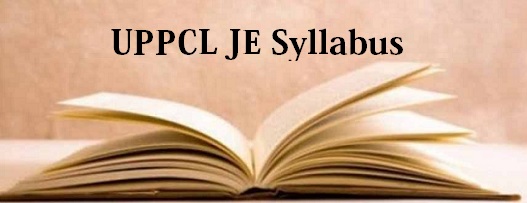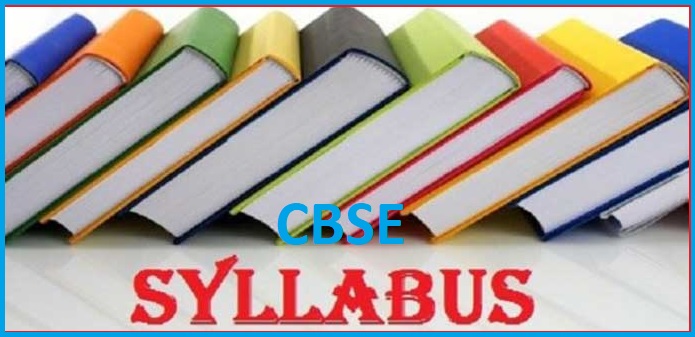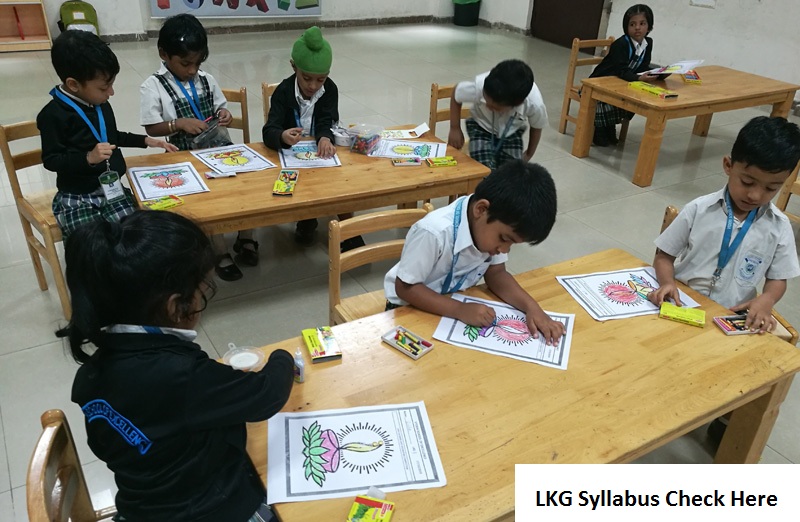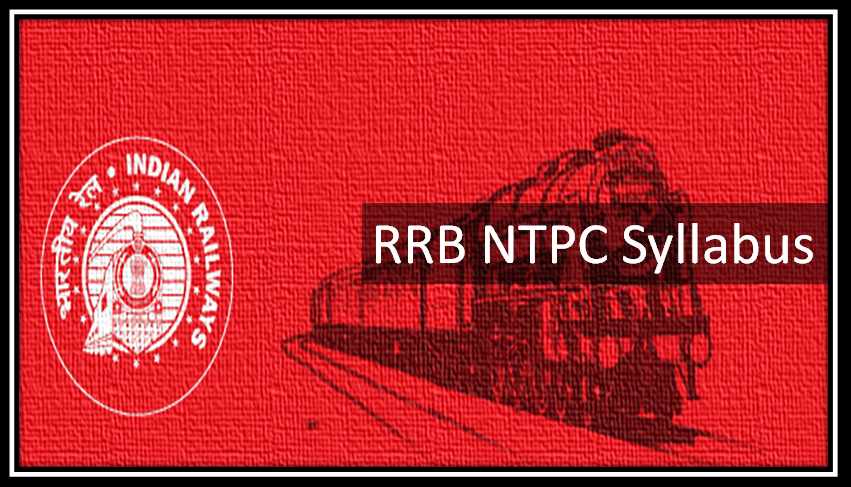UPPCL JE Syllabus 2024: Complete Syllabus with Exam Pattern

UPPCL stands for Uttar Pradesh Power Corporation Limited. Every year, it releases a notification for the recruitment of Junior Engineers (JE). The examination for the selection of Junior Engineers consists of engineering diploma questions. Apart from this, questions from General Knowledge/ Awareness, Reasoning, and General Hindi. Candidates must know and understand the UPPCL JE Syllabus 2024 to do well in the exam.
With the help of the syllabus, you can find the topics that you need to study in order to clear the exam. Go through this post to know the latest UPPCL Junior Engineer (JE) Syllabus 2024.
UPPCL JE Exam Pattern
The understand the syllabus in a better way you need to understand the exam pattern. The basic details of UPPCL JE exam pattern are given below.
- Mode of examination – Online (Computer Based Test)
- Type of questions – Objective type MCQ
- Number of questions – 200
- Duration of exam – 3 hours
- Maximum Marks – 200
- Marking Pattern – Each question will carry 1 mark
- Negative Marking – 0.25 marks will be deducted in case of an incorrect answer
| Subjects | Number of questions | Maximum Marks |
| Engineering Subjects (Diploma Level) | 150 | 150 |
| General Knowledge/ Awareness | 20 | 20 |
| Reasoning Ability | 20 | 20 |
| General Hindi | 10 | 10 |
| Total | 200 questions | 200 marks |
UPPCL JE Syllabus 2024
The syllabus depends upon the branch of engineering you have selected. The subject-wise syllabus for the Exam is given below.
Electrical Engineering Syllabus
The topics that students of Electrical Engineering need to study are as follows.
- Basic Electrical Engg
- Electrical and Electronic Engg. Materials
- Electronics-I
- Electrical Machine-I
- Electrical Instruments and Measurements
- Power plant Engg
- Transmission and Distribution of Electrical Powers
- Electronics
- Installation Maintenance & Repair of Electrical Machines
- Switch Gear and Protection
- Industrial Electronics and Control
- Electrical design, Drawing & Estimating
- Utilization of Electrical Energy
- Electrical Machine-II
- Control System & Process Application
- Principles of Digital Electronics
- Electrical & Electronics Instrumentation
Civil Engineering Syllabus
The topics that students from Civil Engineering need to study are as follows.
- Surveying: Principles of surveying, measurement of distance, chain surveying, working of prismatic compass, compass traversing, bearings, local attraction, plane table surveying, theodolite traversing, adjustment of theodolite, Levelling, Definition of terms used in levelling, contouring, curvature and refraction corrections, temporary and permanent adjustments of dumpy level, methods of contouring, uses of contour map, tachometric survey, curve setting, earth work calculation, advanced surveying equipment.
- Building Materials: Physical and Chemical properties, classification, standard tests, uses and manufacture/ quarrying of materials e.g. building stones, silicate based materials, cement (Portland), asbestos products, timber and wood based products, laminates, bituminous materials, paints, varnishes. Estimating, Costing and Valuation: estimate, glossary of technical terms, analysis of rates, methods and unit of measurement, Items of work – earthwork, Brick work (Modular & Traditional bricks), RCC work, Shuttering, Timber work, Painting, Flooring, Plastering. Boundary wall, Brick building, Water Tank, Septic tank, Bar bending schedule, Centre line method, Mid-section formula, Trapezodial formula, Simpson’s rule. Cost estimate of Septic tank, flexible pavements, Tube well, isolates and combined footings, Steel Truss, Piles and pile-caps. Valuation – Value and cost, scrap value, salvage value, assessed value, sinking fund, depreciation and obsolescence, methods of valuation
- Hydraulics: Fluid properties, hydrostatics, measurements of flow, Bernoulli’s theorem and its application, flow through pipes, flow in open channels, weirs, flumes, spillways, pumps and turbines.
- Soil Mechanics: Origin of soil, phase diagram, Definitions-void ratio, porosity, degree of saturation, water content, specific gravity of soil grains, unit weights, density index and interrelationship of different parameters, Grain size distribution curves, and their uses. Index properties of soils, Atterberg’s limits, ISI soil classification, and plasticity chart. Permeability of soil, coefficient of permeability, determination of coefficient of permeability, Unconfined and confined aquifers, effective stress, quick sand, consolidation of soils, Principles of consolidation, degree of consolidation, pre-consolidation pressure, normally consolidated soil, e-log p curve, computation of ultimate settlement. Shear strength of soils, direct shear test, Vane shear test, Triaxial test. Soil compaction, Laboratory compaction test, Maximum dry density and optimum moisture content, earth pressure theories, active and passive earth pressures, Bearing capacity of soils, plate load test, standard penetration test.
- Irrigation Engineering: Definition, necessity, benefits, 2II effects of irrigation, types and methods of irrigation, Hydrology – Measurement of rainfall, run off coefficient, rain gauge, losses from precipitation – evaporation, infiltration, etc. Water requirement of crops, duty, delta and base period, Kharif and Rabi Crops, Command area, Time factor, Crop rratio, Overlap allowance, Irrigation efficiencies. Different type of canals, types of canal irrigation, loss of water in canals. Canal lining – types and advantages. Shallow and deep to wells, yield from a well. Weir and barrage, Failure of weirs and permeable foundation, Slit and Scour, Kennedy’s theory of critical velocity. Lacey’s theory of uniform flow. Definition of flood, causes and effects, methods of flood control, water logging, preventive measure. Land reclamation, Characteristics of affecting fertility of soils, purposes, methods, description of land and reclamation processes. Major irrigation projects in India.
General Knowledge/ Awareness Section
The topics included in the General Knowledge are as follows.
- Geography of India
- History of India
- Indian Polity
- Indian Economy
- Everyday Science
- General Science
- Environmental Science
- General Physics
- General Chemistry
- General Biology
- International Organizations
- Games & Events
- Awards & Honours
- Books & Authors
- Science & Technology
- Defence & Security
- Economic Affairs
- National News
- International News
UPPCL JE Reasoning Syllabus 2024 (Common for all Engineering branches)
In the reasoning subject, you need to include the following topics.
- Series Completion
- Blood Relations
- Classification
- Puzzle Test
- Analogy
- Direction Sense Test
- Coding-Decoding
- Logical Venn Diagram
- Paper Cutting
- Cubes & Dices
General Hindi Syllabus (Common for all Engineering branches)
In the Hindi subject, you need to prepare for the following topics.
- Spot the Error
- Fill in the Blanks
- Synonyms/ Homonyms
Antonyms - Spellings/ Detecting
- Misspell words
- Idioms & Phrases
- One-word substitution
- Improvement of Sentences
- Active/Passive
- Voice of Verbs
- Conversion into Direct/ Indirect narration
- Shuffling of Sentence parts
- Shuffling of Sentences in a passage
- Cloze Passage
- Comprehension Passage.
Frequently Asked Questions
Yes, 0.25 marks will be deducted for every incorrect answer.
The minimum qualifying mark to clear the exam is 30%. However, cut-offs are generally higher.
Only objective-type multiple-choice questions will be asked in the exam.
The questions will be asked in both English and Hindi languages.



